Trump’s “Deal” for Palestinians: Repercussions and Responses

Though US President Donald Trump’s “Deal of the Century” largely does not change conditions on the ground for Palestinians, it helps legitimize the Israeli colonial project, which continues apace despite the COVID-19 pandemic. Al-Shabaka analysts from around the globe weigh in on the repercussions of the deal where they live and offer steps to counter them.
Understanding Netanyahu’s Political Survival
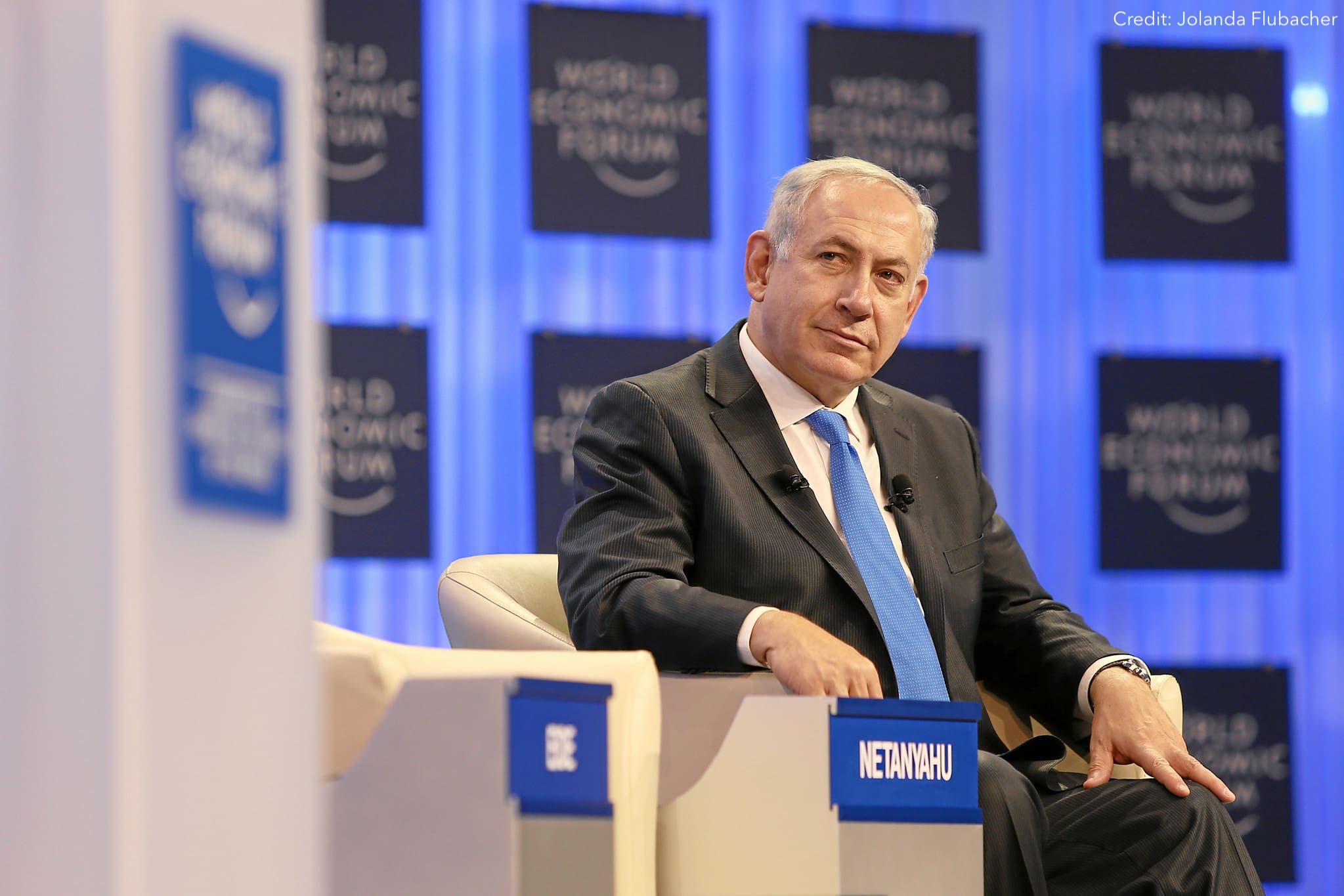
Despite recent challenges to his rule, Israeli Prime Minister Benjamin Netanyahu appears to have held on to power. What factors have made this possible? Al-Shabaka Policy Analyst Nijmeh Ali provides answers by mapping the Israeli right wing and its internal conflicts as well as Netanyahu’s political doctrine and practice.
Using Trump’s “Vision” to Break Free of Past Frameworks
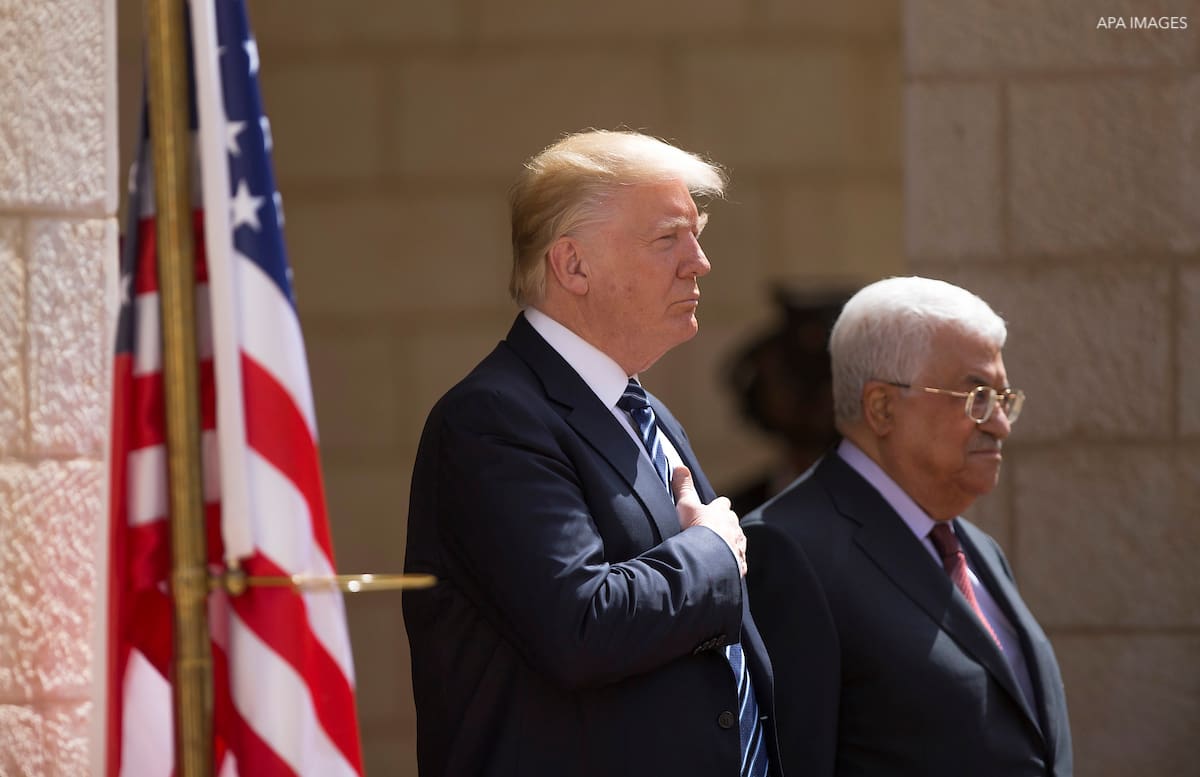
As Israel and the US fast-track President Donald Trump’s vision of “peace”, i.e. the illegal annexation of occupied Palestinian territory, European countries ponder ways to uphold the rule of law. In this Policy Memo Al-Shabaka’s 24588 provides ideas on how they can – with a push from the Palestine solidarity movement.
Palestinian Leadership in the Time of Pandemic
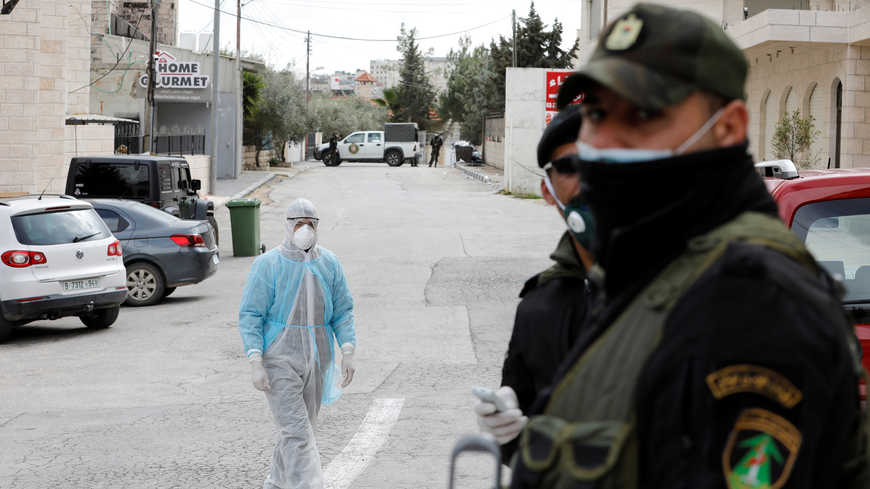
The response to the COVID-19 pandemic in Palestine brings back to focus central questions surrounding the resilience of Palestinian Authority leadership and the efficiency of its governance in times of crisis.
Marking the Nakba: From Betrayals and Warnings to Future Visions

To mark the 72nd year of the Nakba – the catastrophe when Zionist forces evicted the majority of Palestinians from their homes and lands, occupying 78% of Palestine – Al-Shabaka reissues this insightful compilation of essays by its engaged scholars and analysts. These timely pieces dissect the betrayal of Palestine, the struggle of the refugees, the warning signs during the decades of seeking Palestinian-Israeli peace without justice, and strategies for the future. They give us strength at a time of looming annexation and the COVID-19 pandemic.
The Reification of Ramallah: Undermining a Palestinian Capital in Jerusalem

While civil society organizations have highlighted tourism’s role in advancing Israeli land theft in the West Bank, few describe how Palestinian Authority (PA) investments can also undermine Palestinian calls for self-determination. Al-Shabaka’s 24418 analyzes how the PA’s governmental and cultural investments in Ramallah establish facts on the ground that obscure Palestinian claims to a capital in Jerusalem.
Palestine at the ICC: Prospects and Limitations
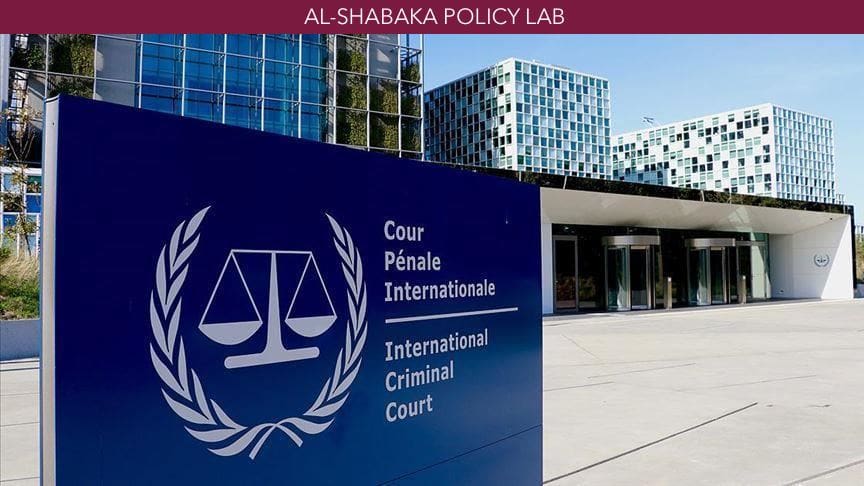
While the world remains fixated on the latest developments surrounding the COVID-19 pandemic, Palestine’s case at the International Criminal Court presses on.
Israel’s Losing Battle: Palestine Advocacy in the University
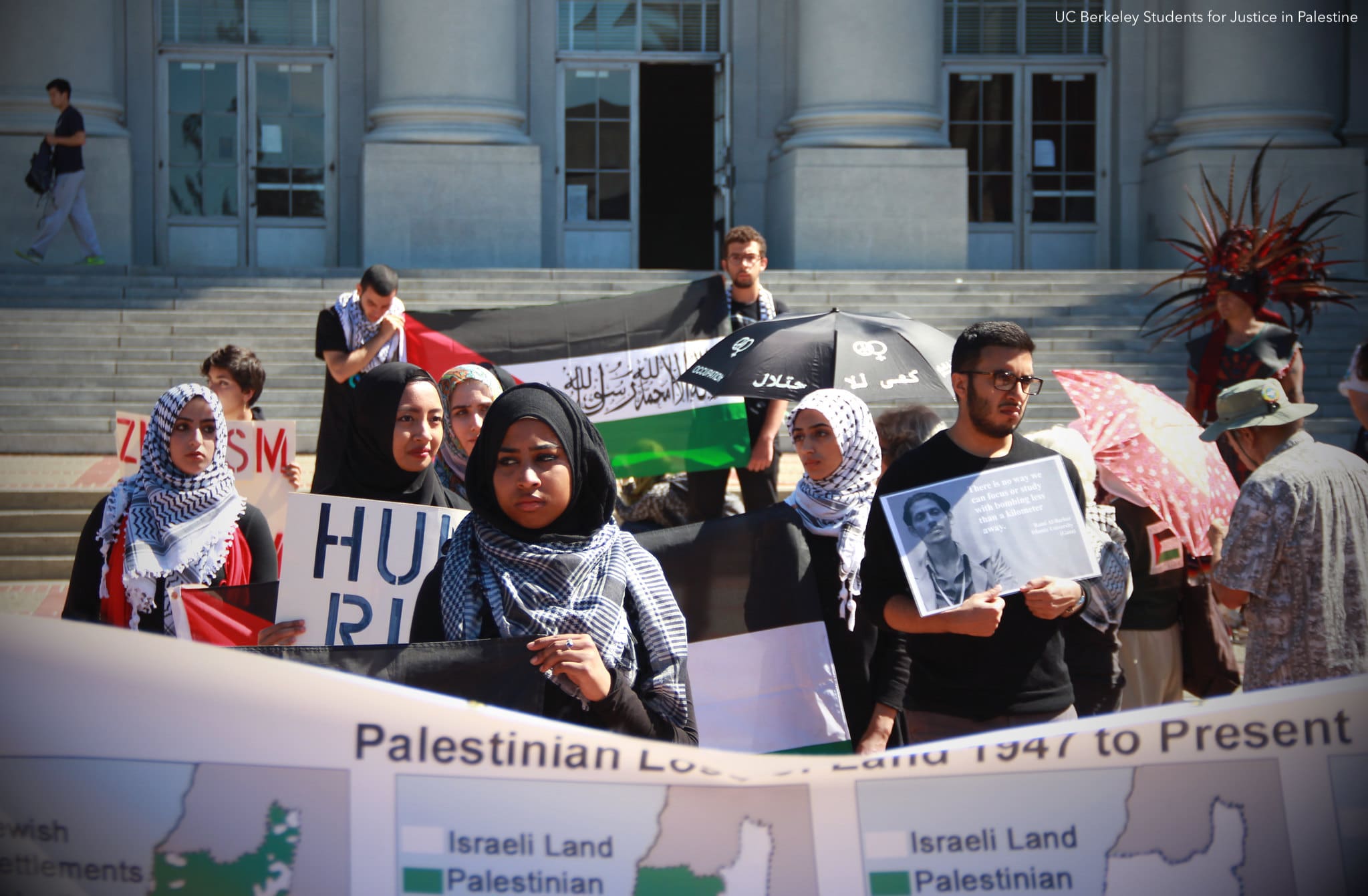
The majority of suppression of Palestine advocacy in the US targets university students and faculty. Al-Shabaka’s Hatem Bazian traces the historic rise of this advocacy, offering recommendations for how the university, despite attacks against it, can continue to provide and even amplify an environment that fosters critical thinking on Palestine, in turn furthering the struggle for Palestinian rights.
In Palestine, COVID-19 Meets the Israeli Occupation
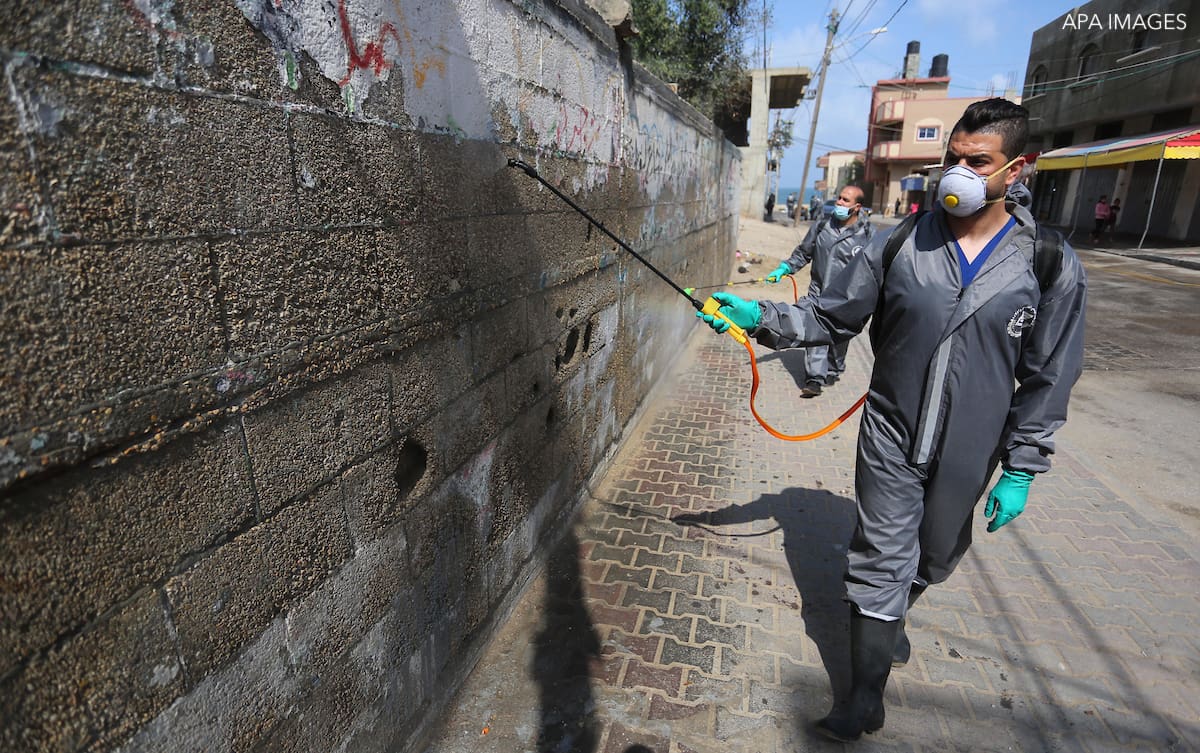
The West Bank and Gaza Strip are confronting COVID-19 from a reality of Israeli military occupation. Al-Shabaka Senior Palestine Policy Fellow 24588 analyzes the severe challenges this presents to Palestinians, Israel’s political manipulation of the virus, and the international community’s normalizing response – and how it should change.









